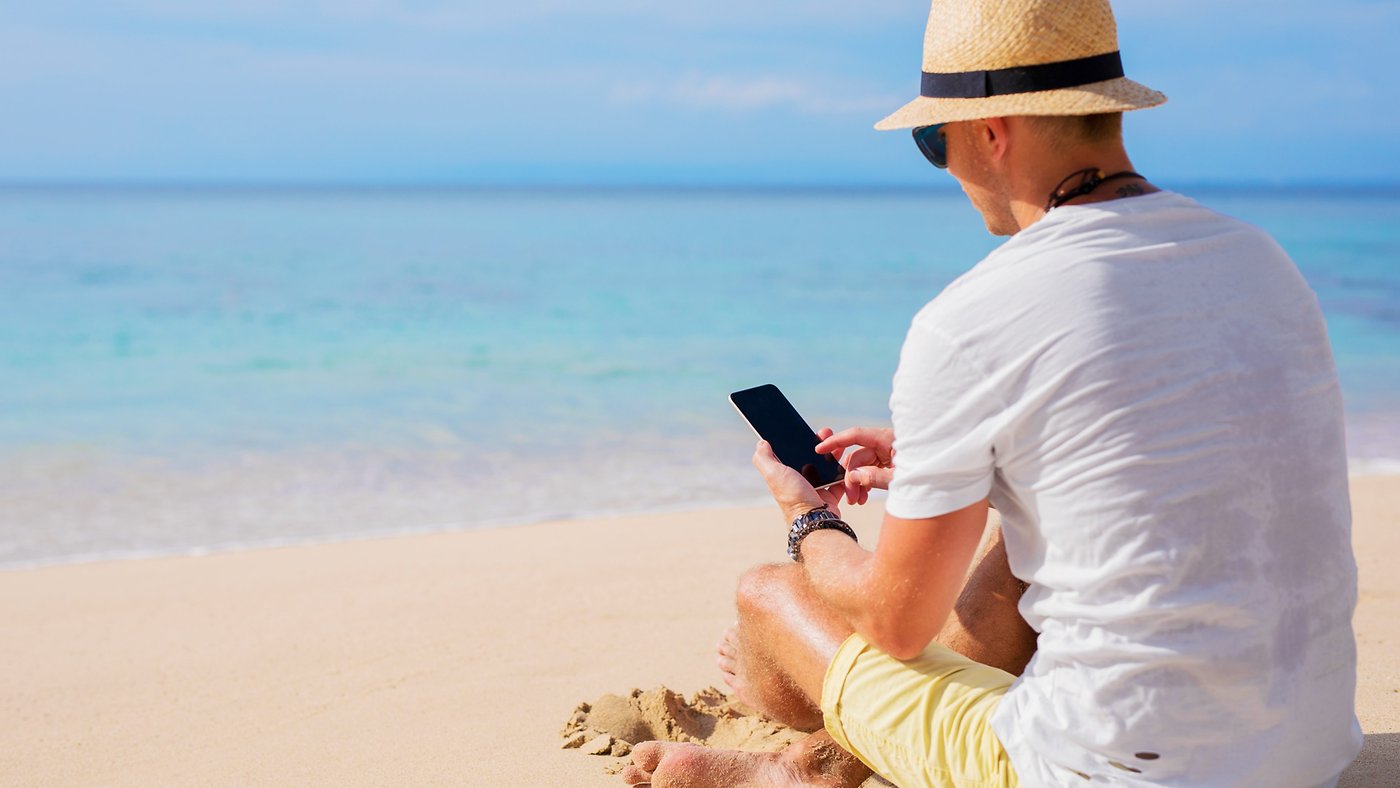Your Getaway Could Cost More Than You Think: Avoid This Online Mistake

A lot can go wrong on a vacation: Accommodation that turns out differently from what was advertised upon arrival, or a typical meal that does not suit your appetite, or simply getting pickpocketed in a crowd. Another common mistake concerns the smartphone, and this does not involve roaming.
The vacation season is approaching, and with it comes the typical risks for holidaymakers. In some countries, for instance, one should avoid the tap water, while other destinations are not agreeable when it comes to the culinary options. However, what many people overlook is this: There is also danger that lurks when surfing the Internet with a smartphone that could be avoided. We are not referring to additional costs due to roaming.
Many people surf completely unprotected, making them an easy target for criminals
A recent YouGov survey commissioned by security provider Kaspersky showed that around 15 percent of holidaymakers use public Wi-Fi without any protective measures at all. This is a major risk. This is because open networks lack basic security. Unauthorized persons can intercept data traffic and thus access login data as well. Even malware can sneak onto your devices. In turn, that can quickly become an expensive affair when you consider how many people perform online banking or simply use Amazon and PayPal.
Public WLANs are not completely secure in any country, let’s get that straight. While public Wi-Fi is widely available everywhere, not many people use this option due to the large volume of data they consume. The situation might be different in other countries, although most people would often use hotel Wi-Fi. What can you do to protect yourself better while you are on vacation?
How to surf more securely with your smartphone while on vacation
28% of respondents avoided entering passwords or bank details on insecure networks. In addition, 11% of respondents use security functions such as two-factor authentication, while 12% use tethering connections to access mobile hotspots. However, the latter might be a more challenging affair outside your home country unless you use a local prepaid SIM. In many countries, this is by far the easiest and cheapest option.
The most effective but costly option is probably a VPN service, which around 10% of respondents use. This protects data traffic by using an encrypted connection that prevents unauthorized access. However, it is important to choose the right provider because if you decide to use the very first VPN that comes along, you may expose your data elsewhere.
